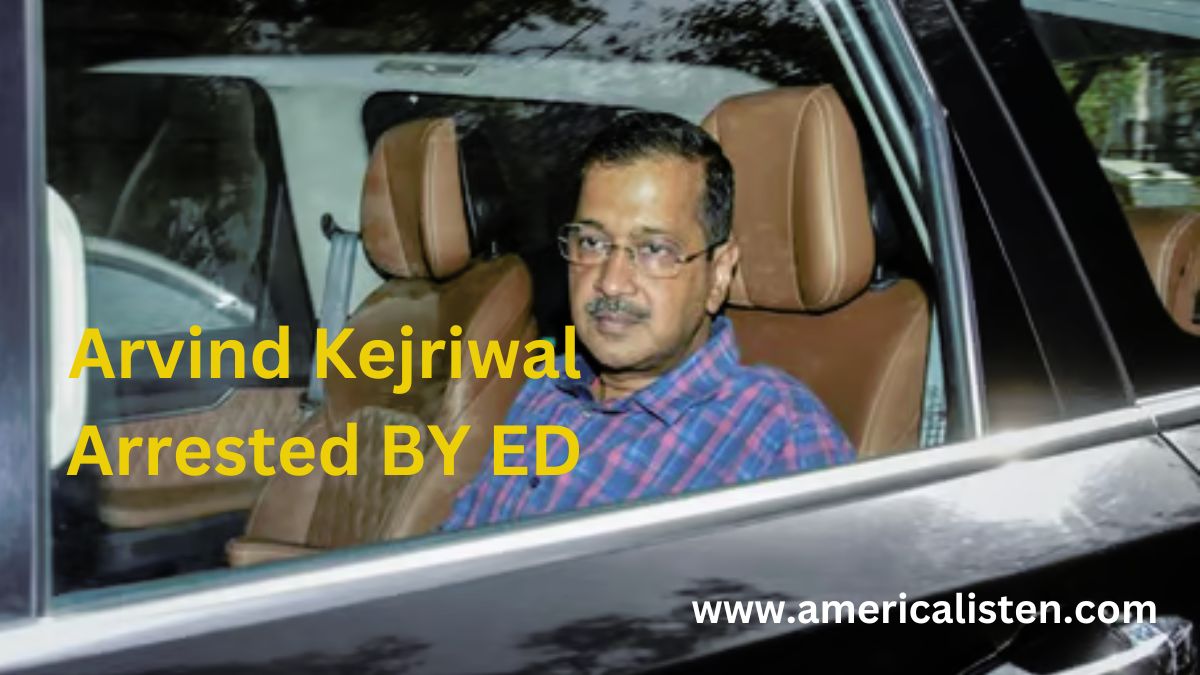In the wake of Delhi Chief Minister Arvind Kejriwal’s seven-day custody by the Enforcement Directorate, the Aam Aadmi Party (AAP) has turned the tables, pointing fingers at the Bharatiya Janata Party (BJP) in the Delhi liquor policy case. Allegations flew as the AAP claimed that the money trail conspicuously led to the BJP camp. According to the probe agency, Kejriwal acted as a middleman, orchestrating kickbacks worth ₹100 crore from the “South Group” to the Delhi government.
AAP spokesperson Atishi vehemently countered these allegations, asserting that the money trail unmistakably pointed towards the ruling BJP. She cited the involvement of Aurobindo Pharma director Sharath Chandra Reddy, who, in 2022, was arrested in connection to the case and subsequently found to have made donations to the BJP through electoral bonds.
“At every turn, the question arises: Where did the money trail lead? No traces of illicit funds were found on any AAP leader, minister, or worker,” Atishi, the second-in-command in the Delhi government, emphasized.
She highlighted the case of Sharath Chandra Reddy, who initially denied any connection with Kejriwal or AAP but later, after spending time in jail, altered his statement, claiming to have met Kejriwal regarding excise policy matters.
Pointing to recent data on electoral bond donations released by the Election Commission, Atishi underscored that Aurobindo Pharma’s significant contributions went predominantly to the BJP. Records revealed that between April 2021 and November 2023, Aurobindo Pharma purchased bonds worth ₹52 crore, with a substantial majority (66%) directed to the BJP, while the remainder was divided between the Telangana-based Bharat Rashtra Samithi and Andhra-based Telugu Desam Party.
The ED’s arrest of Arvind Kejriwal on corruption charges linked to the defunct Delhi liquor policy further fueled the controversy. The ED contends that the policy provided exorbitant profit margins, with kickbacks allegedly funneled to AAP leaders through Vijay Nair, who purportedly received ₹100 crore in advance from the “South Group.”
The “South Group,” a term coined by central agencies, refers to an intricate network of middlemen, businessmen, and politicians allegedly involved in the affair.


